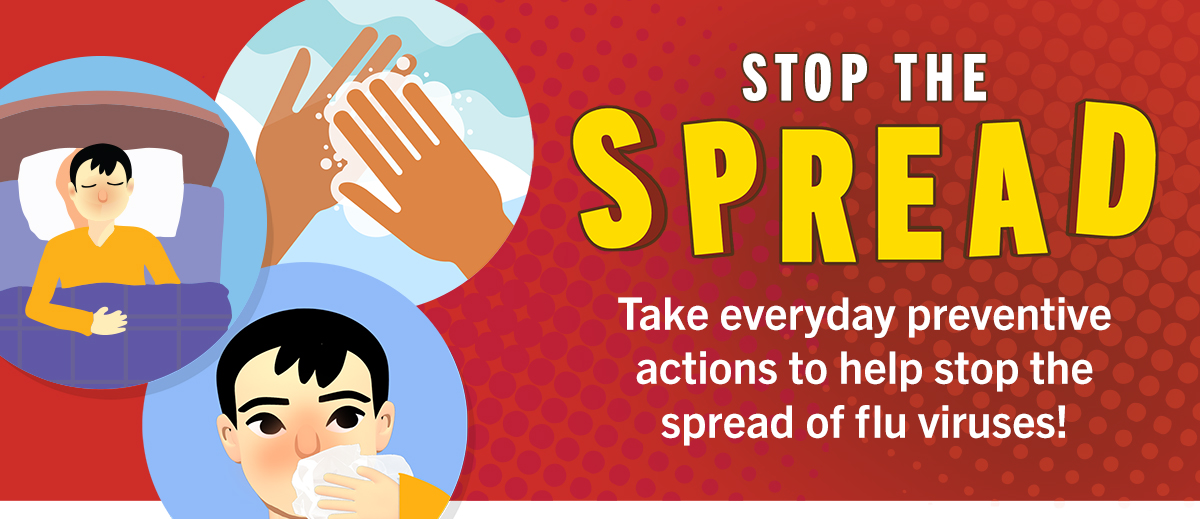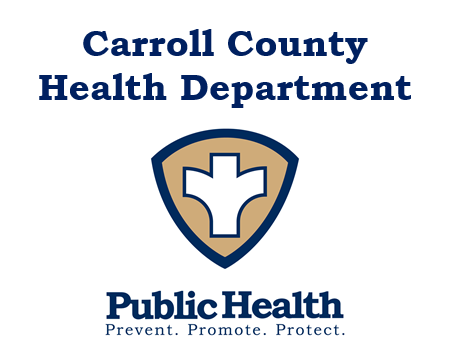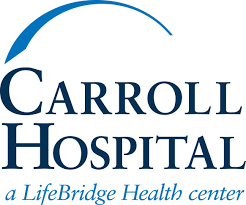Flu
Click here to Find a Flu Vaccine Near You
Who needs a flu vaccine?
Everyone 6 months and up needs a flu vaccine every year, with rare exceptions. Flu vaccines:
- Protect against flu illness, hospitalization, and death
- Prevent missed work, school, and other activities
- Protect you, your loved ones, and your community
- People aged 65 and up, children under 2, and people who are pregnant or have certain health conditions are at highest risk of getting very sick from the flu.
- The best time to get your flu vaccine is by the end of October, but it is most important to get it whenever you can each year.
What do I need to know about the flu?
- Certain flu shots are recommended for people aged 65+: Fluzone High-Dose Quadrivalent , Flublok Quadrivalent recombinant and Fluad Quadrivalent adjuvanted.
- FluMist is available for people ages 2-49 who are not immunocompromised or pregnant.
- New COVID-19 and RSV vaccines are also available. Check with your healthcare provider to decide what’s best for you. Find a pharmacy or clinic with these vaccines on our Find a Flu or Other Respiratory Illness Vaccine page.
- You can get a COVID-19 vaccine and a flu vaccine at the same time. Consider getting the shots in different arms.
- The flu vaccine is well-tested and safe.
How else can I prevent the flu and other illnesses?
- Wash your hands often, or use hand sanitizer with at least 60% alcohol.
- Clean and disinfect surfaces that are touched often, like doorknobs, counters, and cell phones.
- Avoid touching your eyes, nose, and mouth.
- Avoid crowded indoor spaces.
- Avoid close contact with people who are sick. If you are caring for someone who is sick, take extra steps to prevent germs from spreading. Consider wearing a mask.
- Take additional steps if you are at higher risk for serious illness from COVID or the flu, or if COVID-19 spread is higher in your area. Learn more about COVID prevention.
- Stay home when you are sick and test for COVID. Contact your healthcare provider about your symptoms and if you should be tested or need treatment. Flu vs. COVID
- Eat healthy foods, drink enough water, exercise and get enough sleep.
What if I get the flu?
- Most people with flu have mild illness and do not need medical care or antiviral drugs.
- If you get sick with flu symptoms, in most cases, you should stay home and avoid contact with other people except to get medical care. Test for COVID-19.
- Watch for warning signs of flu complications.
- If you are at higher risk of serious flu complications, are very sick or worried about your illness, contact your health care provider about treatments for flu.
- When treatment is started soon after flu symptoms begin, antiviral drugs can lessen flu symptoms and shorten the time you are sick by 1 – 2 days.
- Antivirals might also prevent some flu complications, like pneumonia.
- Antivirals are different from antibiotics.
Flu vaccines are important for children. They:
- Reduce the risk of illness and missed school, childcare, and work
- Reduce the risk of severe illness, hospitalization and death from the flu.
- Help prevent spreading flu to family and friends, including babies younger than 6 months who are too young to get a flu vaccine
The flu is more dangerous than the common cold for children.
Children younger than 5 years old–especially those younger than 2–are at higher risk of developing serious flu-related complications. Children of any age with certain chronic health conditions are also at higher risk.
Some children 6 months through 8 years of age may need 2 doses of the flu vaccine for best protection, if they have not had the flu vaccine before.
Learn more about flu vaccines for children.
Flu vaccines are also important for people who are pregnant.
People who are pregnant and their babies are at higher risk for flu-related complications. Getting the flu vaccine while pregnant can help protect you and your baby.
Community Flu Vaccination Planning Committee
The organizations listed below are working together to provide consistent flu-related messaging and access to flu vaccinations, to increase vaccination rates and protect our community from the flu.
Updated 9/22/2023








